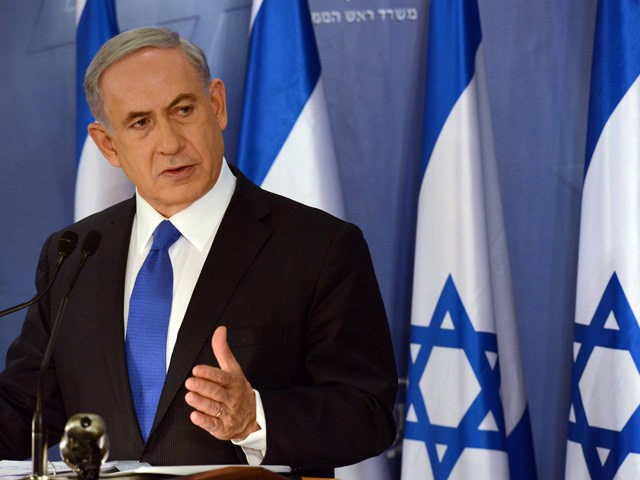PM Netanyahu to submit plan to strengthen economic ties and cooperation with Africa
-
-
6/24/2016
GovXShortDescription
The African continent constitutes vast potential for Israel in very many areas. Many countries are seeking to open their gates to Israel and we will realize this desire for their benefit and for the benefit of the State of Israel.
-
-

 Prime Minister Benjamin Netanyahu
Copyright: GPO/Haim Zach
Prime Minister Benjamin Netanyahu
Copyright: GPO/Haim Zach
|
GovXContentSection
(Communicated by the Prime Minister's Media Adviser)
Ahead of his upcoming trip to Africa, Prime Minister Benjamin Netanyahu will, on Sunday, 26 June 2016, submit for Cabinet approval an approximately NIS 50 million plan to strengthen economic ties and cooperation with African countries. The Prime Minister said, "The African continent constitutes vast potential for Israel in very many areas. Many countries are seeking to open their gates to Israel and we will realize this desire for their benefit and for the benefit of the State of Israel."
Following are the main points of the plan:
1. Unprecedented cooperation with the World Bank including
a. The establishment of designated funds, by Israel, for Africa at the World Bank while utilizing Israel's comparative advantages;
b. Creating mechanisms for cooperation between the government, international financial institutions and Israeli establishment bodies to finance wide-ranging development projects in African countries and other developing countries.
2. Expanding the network of commercial attaches – Two attaché offices will be opened in Africa in the first stage. The possibility of opening additional offices in the future will be considered.
3. Financing market activity – Increasing the exposure of Israeli industry to the needs of potential customers in African countries and vice-versa.
4. Providing grants for feasibility studies – A government umbrella would allow Israeli companies to make known their technological abilities (for example, surveys by Israeli companies for local governments).
5. The establishment of four MASHAV centers for excellence in Uganda, Ethiopia, Kenya and Rwanda. The centers will make Israel's technological abilities known to businesspeople and government officials in African countries and thereby assist in increasing Israeli exports to these countries.
6. Advancing financial projects by establishing a mechanism to lower costs for Israeli companies doing business in Africa. Its responsibility will be to deal with the main impediments vis-à-vis exports to Africa, i.e. the high premiums and shortage of long-term loan insurance.
7. Establishing an agency within the Health Ministry for G2G – A platform for agreements between the Israeli health system and health systems in other countries around the world in general and in Africa in particular.
8. Grants by the Chief Scientist – Support will be given to products that need research and development activity in order to adapt them (regarding technology, engineering and marketing) for African markets.
9. Courses and training in domestic security and health – Israel's comparative advantage in these fields has created great interest in African countries seeking training from Israel.
10. Signing a space agreement with Ethiopia – Strengthening technological, scientific and space ties with the Ethiopian government. This agreement will assist in promoting activity by Israeli companies in Ethiopia in the fields of both space and renewable energy.
-
-
-
-
-
-
-
-
-
-
-
-
-
-
-
-
-
-
-